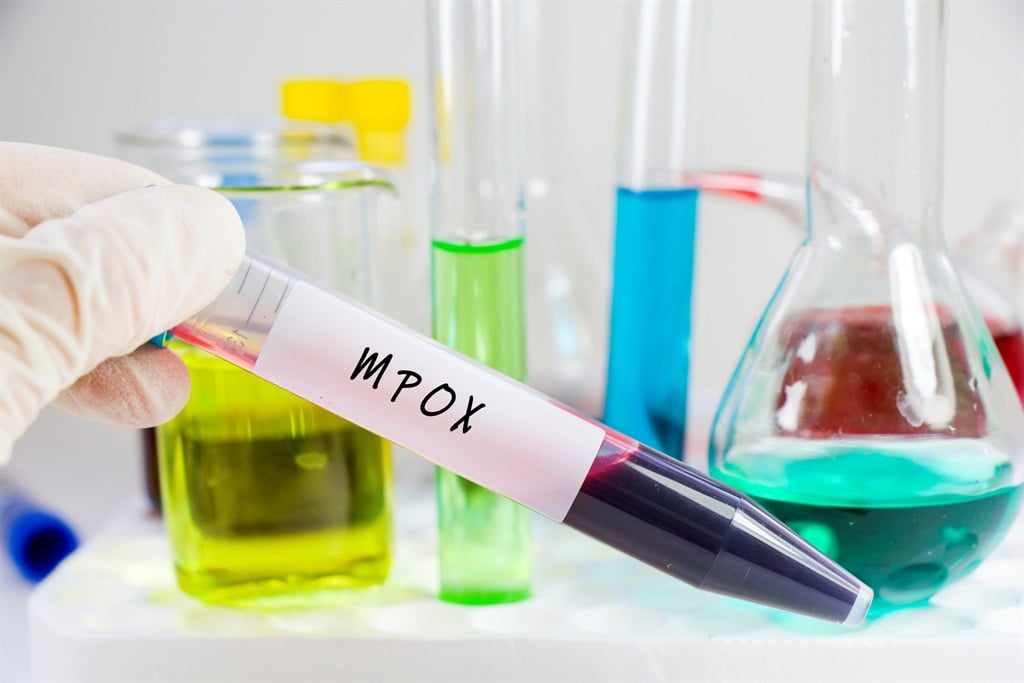(Tamar Dundua/Getty Images)
African vaccine manufacturers are readying themselves to make mpox shots as a lethal outbreak of the disease spreads across the continent.
The Biovac Institute, a South African vaccine maker, is able to produce the shots and is waiting for “more intimate discussions” with companies such as Bavarian Nordic A/S, one of a few companies with an approved mpox dose, Biovac Chief Executive Officer Morena Makhoana said in an interview on Bloomberg Television.
Africa Centres for Disease Control and Prevention is working to ensure that it avoids mistakes that cost lives during the Covid-19 pandemic, starting with the slow acquisition of vaccines. While the continent has dealt with mpox since the 1970s — making it the only region where the disease is endemic — it didn’t receive vaccines for the virus in 2022 as the infectious illness spread around the world.
Bavarian Nordic’s vaccine needs cold storage, which Biovac can provide, Makhoana said.
“When we did the Pfizer Covid-19 tech transfer about three years ago, that capability was installed then,” he said. “From what we can understand at a higher level, we are able to manufacture the vaccine” at the institute’s facilities in Cape Town.
African nations have failed to build up stockpiles of shots even after they agreed to a plan to improve the continent’s emergency-response capabilities. Part of that failure is linked to a lack of local vaccine production. The region imports almost all of its shots and a drive to set up an industry has stumbled. For vaccine makers, the bigger issue is whether there will be continuous demand. Manufacturers won’t make large quantities of vaccine unless they have a guaranteed market.
“Nobody can run a sustainable business just dealing with outbreaks,” Makhoana said. With mpox, “whilst we want to respond because there are lives being impacted out there, I think the sustainability of any tech transfer is quite important to look out for.”
Also, Bavarian Nordic has said it will be able to meet the immunisation needs of African nations.
Biovac wants to understand whether there will be annual demand for the vaccine, Makhoana said.
That could come in two forms — either through a preventative program “where we know the arms that it will go into,” or because partners such as Africa CDC, vaccine alliance Gavi and aid agency Unicef want to stockpile the shots, he said.
“At the moment, none of that has come through,” he said. “Certainty of demand would lead to sustainable manufacture,” which would enable local producers to respond to further outbreaks.
